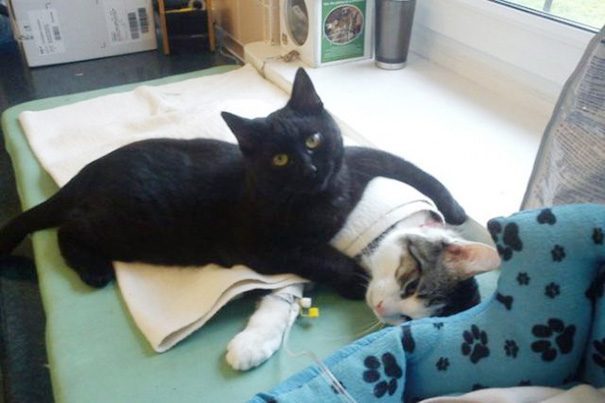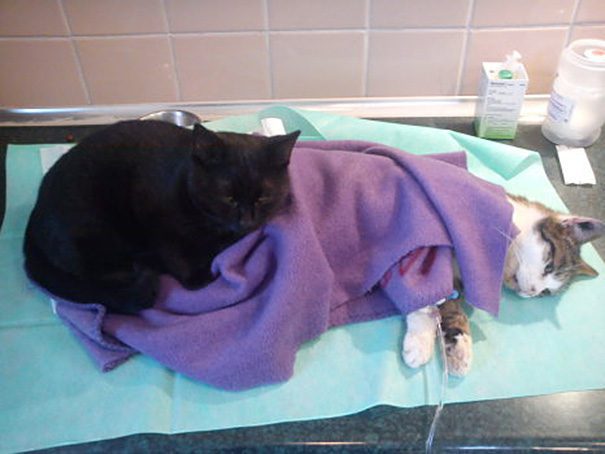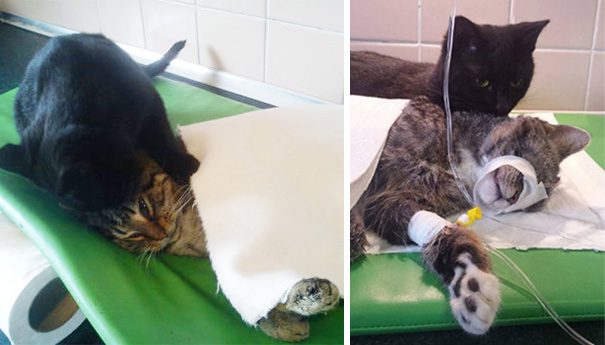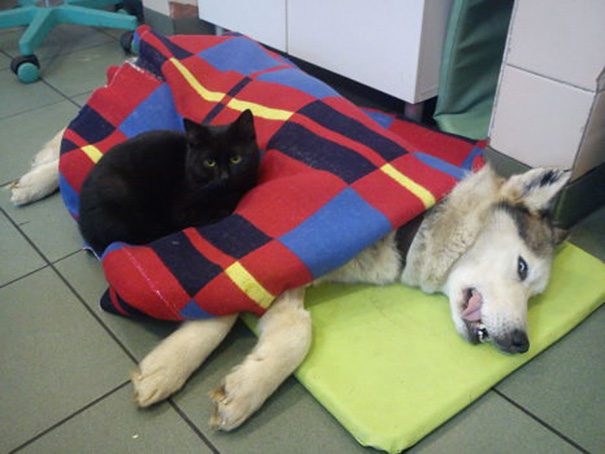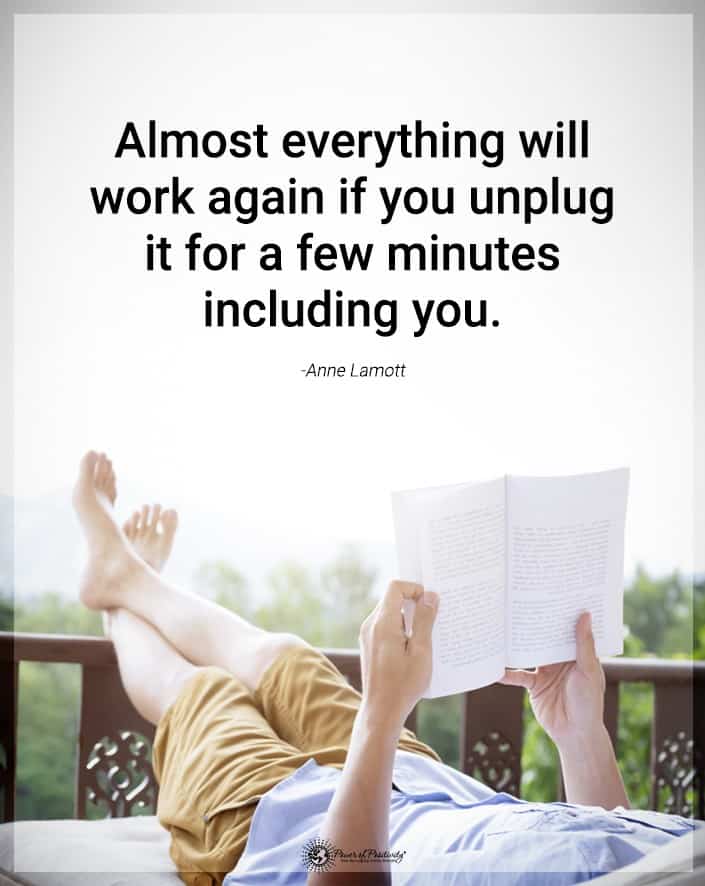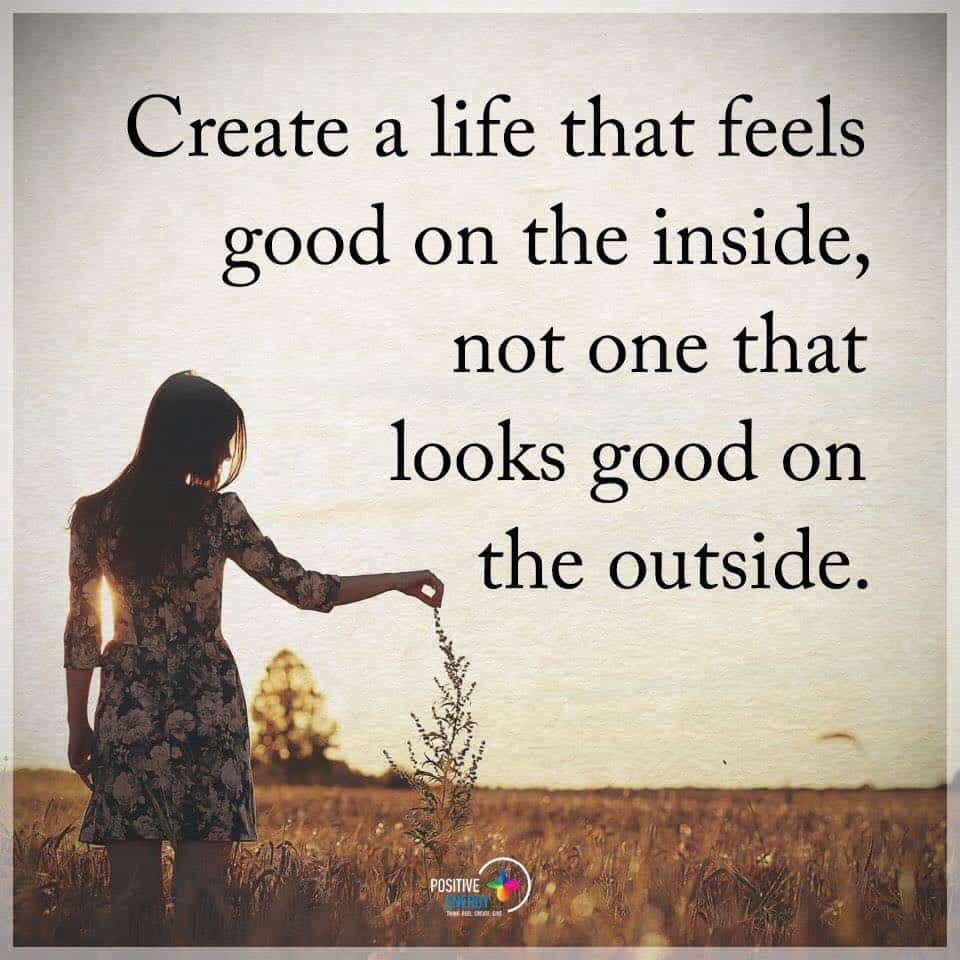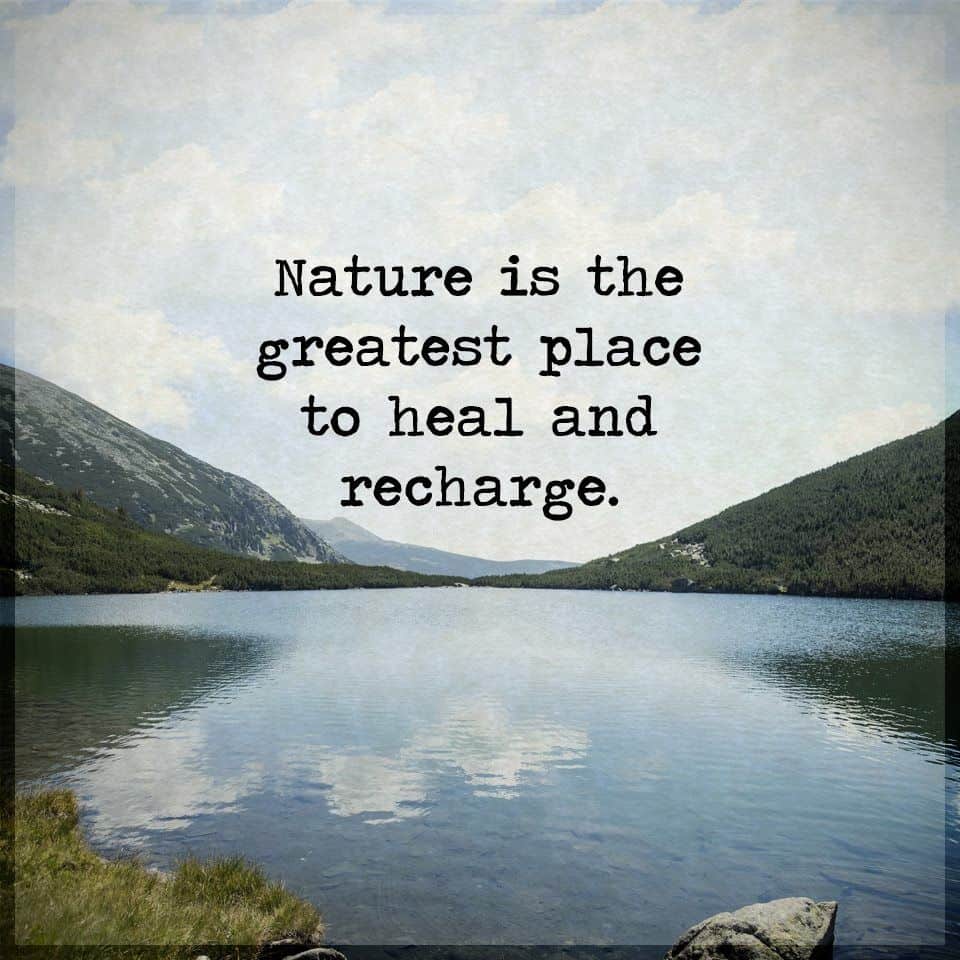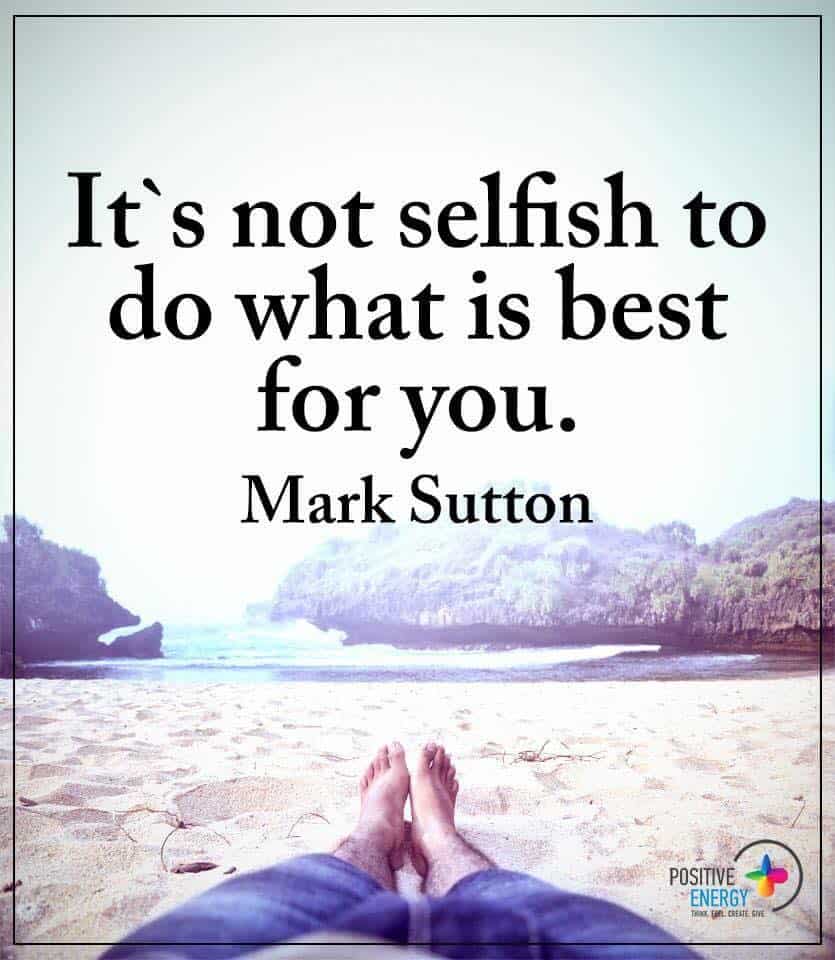Drinking water is, of course, essential to good hydration. But the benefits of adding lemon and turmeric are incredible for your body.
Water is recommended for those looking to lose weight as the first thing to try when feeling hungry. That’s because it can give us both that feeling of fullness in our stomachs and also eliminates the possibility that we might just be thirsty, not hungry.
Our bodies need water to survive and thrive. So getting plenty of fresh, clean water daily is good for us. Water gives our cells extra volume and makes it possible for the nutrients that we need to be dissolved and used by our cells.
How much water we need daily can vary by the climate we live in and our activity levels. However, a good rule is eight ounces of water eight times per day.
This equals roughly half a gallon of water or two liters. You may need to drink even more in dry climates or with heavy perspiration.
This article will examine the benefits of these two essential ingredients that you can add to one or more of those eight 8-ounce glasses of water each day and what happens in your body when you add lemon and turmeric.
These Things Happen To Your Body When You Drink Lemon Water With Turmeric Every Day
Benefits of adding turmeric to your drinking water every day
The benefits of turmeric are incredible, and if you are considering an herbal supplement, it is one of the best you can start with.
- Turmeric is a wonderful help to your body because it is a powerful antioxidant, anti-inflammatory, antiviral, antibacterial, and anticancer agent.
- With all this illness-fighting power packed into one golden yellow spice, turmeric should be a household illness-fighting staple that has earned a place in the medicine cabinet.
- Turmeric has been used for centuries to treat everything from acne to diabetes, gas to high cholesterol. Moreover, it does all of this with very few side effects or potential health risks to your body.
- However, if you are trying to get pregnant, talk to your medical professional before using turmeric, as it may help to prevent pregnancy.
- Although the health benefits of treating disease are huge with turmeric, the health prevention properties are also a very important reason to add this spice to your drinking water daily.
- For example, researchers have found that turmeric has helped prevent Alzheimer’s disease. The research shows that turmeric prevents the degradation of neurons in the brain. That benefit helps to prevent the symptoms of dementia and memory loss.
Benefits of adding lemon to your drinking water every day
Drinking lemon water with turmeric can be done on ice, hot like tea, in the morning and evening, with or without a meal. Your body will absorb the benefits no matter when or how you take in this interesting flavor combination.
- The bright yellow, sunny appearance of lemon is similar to the feeling your body gets when you add freshly squeezed lemon juice or even just a slice of lemon to your water.
- Your body feels more alert, refreshed, and vibrant. The burst of tart flavor is like liquid sunshine invigorating your body’s systems.
- Lemon and all citrus fruits are high in Vitamin C, which is excellent for your skin’s health.
- Lemon juice also gives you soluble fiber, potassium, folate, calcium, thiamin, niacin, vitamin B6, phosphorus, magnesium, copper, riboflavin, pantothenic acid and a variety of phytochemicals, which are all critical for our health.
- Citric acid helps digest food better due to the added breakdown in your stomach.
- This leads to less gas, constipation, and bloating and helps absorb nutrients from your food. Researchers looking at heart health and lemon found a significant association between vitamin C intake and protection against cardiovascular mortality.
- Vitamin C intake is also associated with bone mineral density, which can help prevent osteoporosis. The researchers also have found that lemon water helps improve mental functioning as we age. They found that ‘Older subjects with greater intakes of fruits and vegetables, and the corresponding nutrients vitamin C and folate, have been shown to perform better on cognitive tests.’
How to mix turmeric and lemon in your drinking water every day
So how much turmeric to how much lemon should you add to your water every day? As little as a teaspoon of turmeric is enough to get benefit from this remarkable spice. However, you can drink more than that if you would like. Add the juice from half of a lemon and mix both in an 8-ounce glass of water.
The result will be a brownish-yellow liquid that you can drink. Some people are not a fan of the flavor combination. So if that is the case, add some honey or cinnamon to the mixture to give it a different flavor. Alternatively, try some fresh mint to give it a refreshing taste.
Warm water will help the turmeric dissolve better, but you can let it cool before drinking it. Enjoy this healthy drink every day for some incredible health benefits.
Final Thoughts on Drinking Turmeric and Lemon Water Every Day
Turmeric and lemon, when consumed separately, provide multiple healthful benefits. Of course, water is the essence of life. When you combine these three things into a single potent drink, you are boosting your health, preventing ailments, and increasing your hydration–that’s the key to a long and healthy life.



